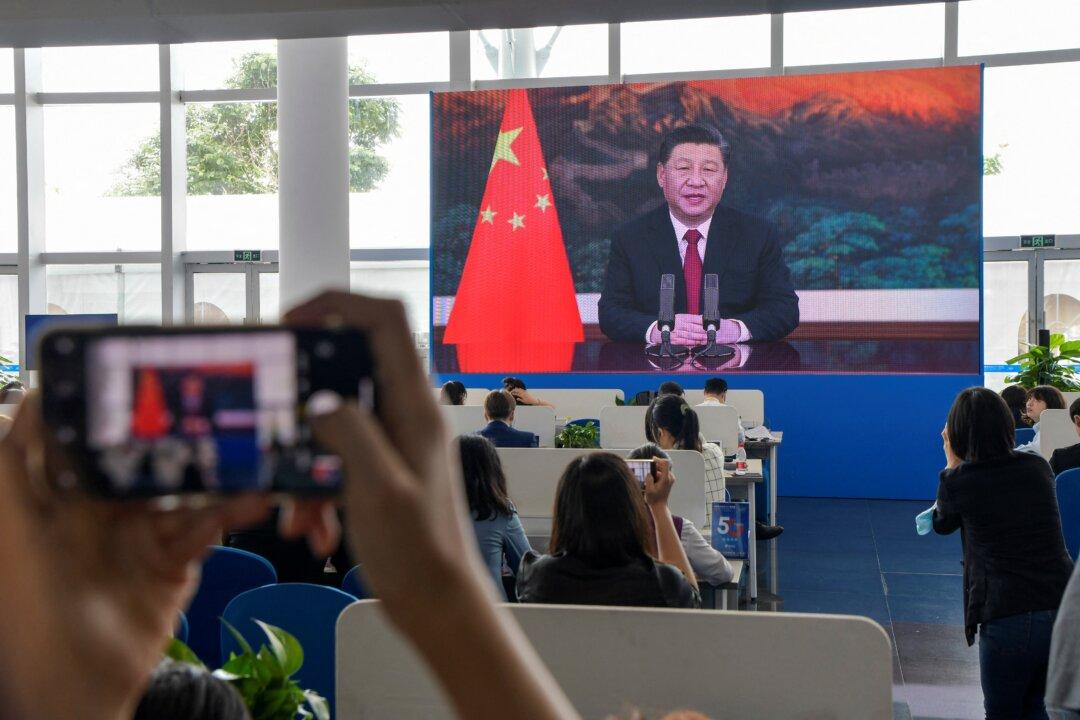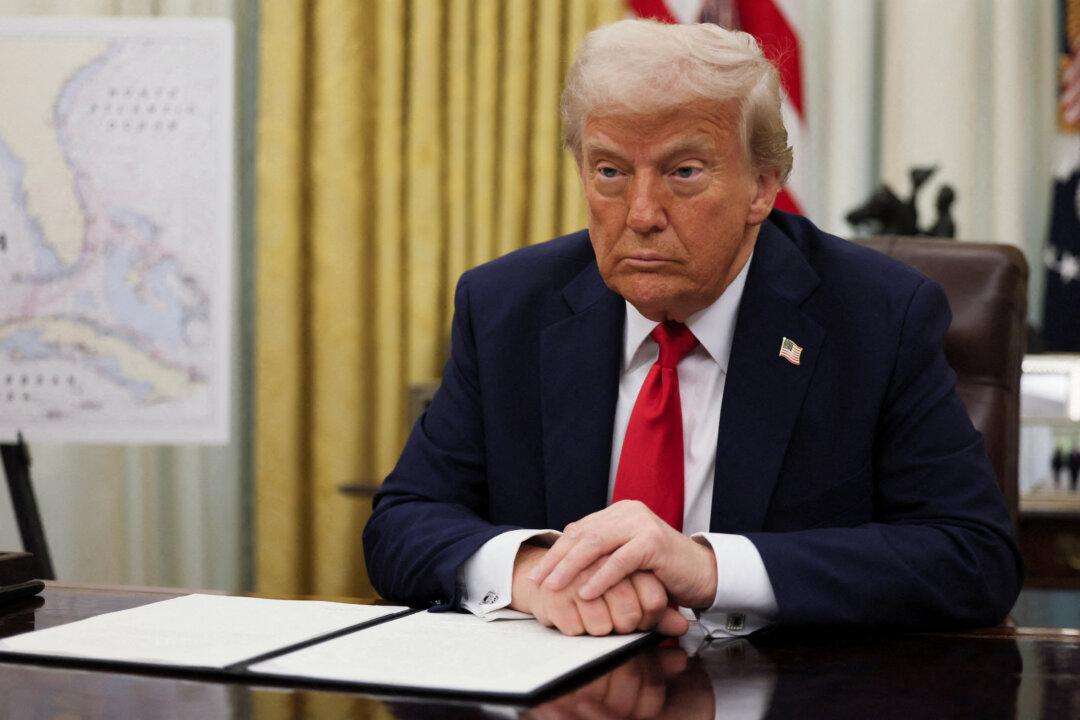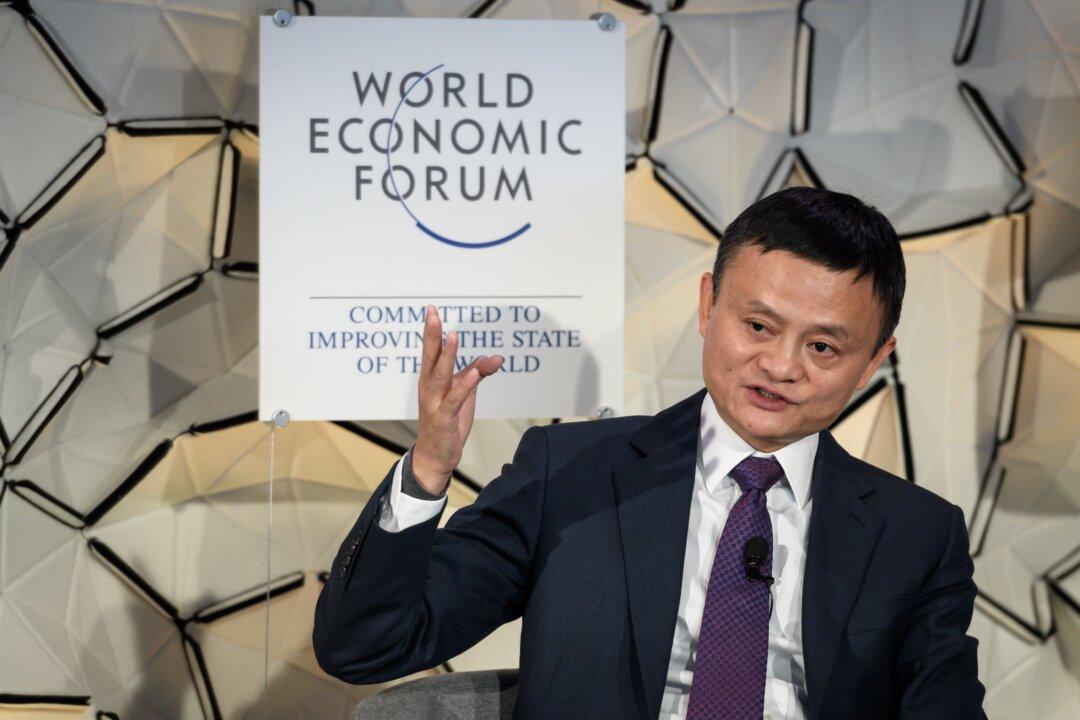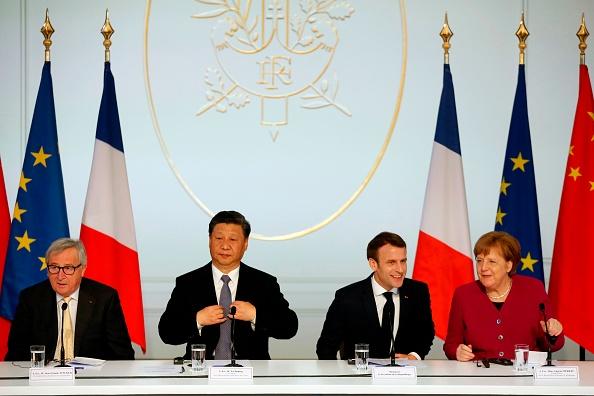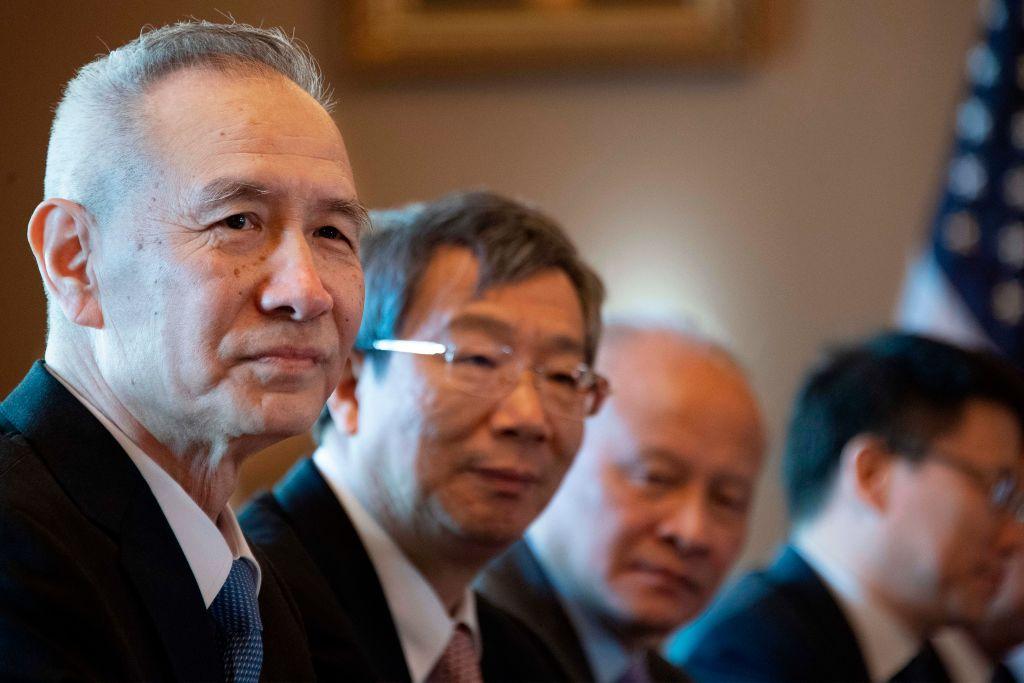Commentary
On April 30, the Chinese Communist Party’s (CCP) official bi-monthly journal, Qiushi (which translates to Seeking the Truth), published Xi Jinping’s speech on China’s development blueprint, delivered at a seminar for high-ranking officials on Jan. 11, 2021; his current views revealed in the article shed light on why the CCP has taken an all-out confrontational stance in recent months.
